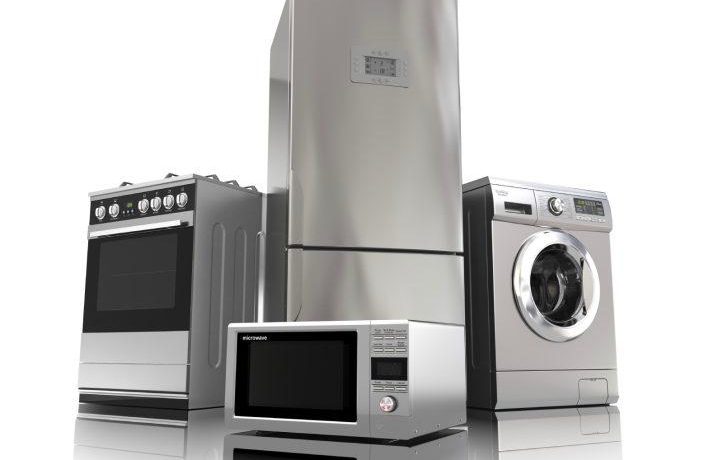
8 Life-Saving Tips For Your Household Appliances
It would seem that most of modern people know how to treat their household appliances. In reality, however, it is not the case (otherwise great number of technicians would have to switch careers). We ruin our refrigerators, washing machines, microwaves, without even knowing it. This article will help you better understand what actions take a toll on your appliances and how to prevent unnecessary problems that could have been avoided with proper care.
Contents
1. Why Won’t My Washer Agitate Or Spin
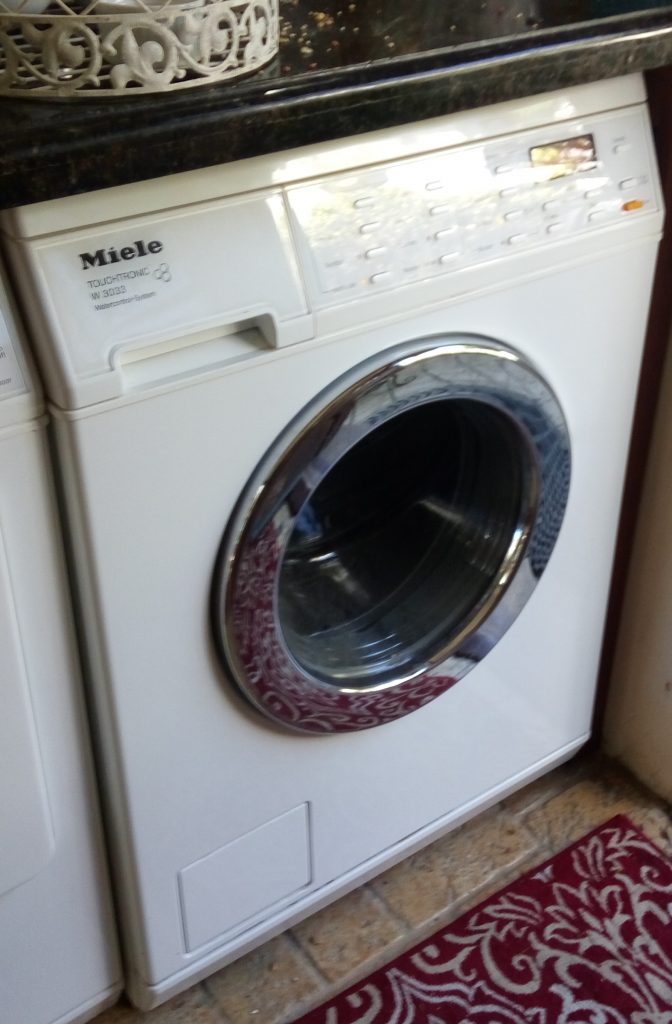
It might be tempting to wash the whole week’s full load of laundry at one go, but don’t let this temptation deceive you. When you overload your washing machine you create extra burden for machine’s bearings, which with regular misuse can incapacitate the cylinder, leading to all other bad ensuing consequences. In order to avoid these mishaps, use the “golden middle” rule.
2. Washing Your Gas Stove – How to Clean Stove Top
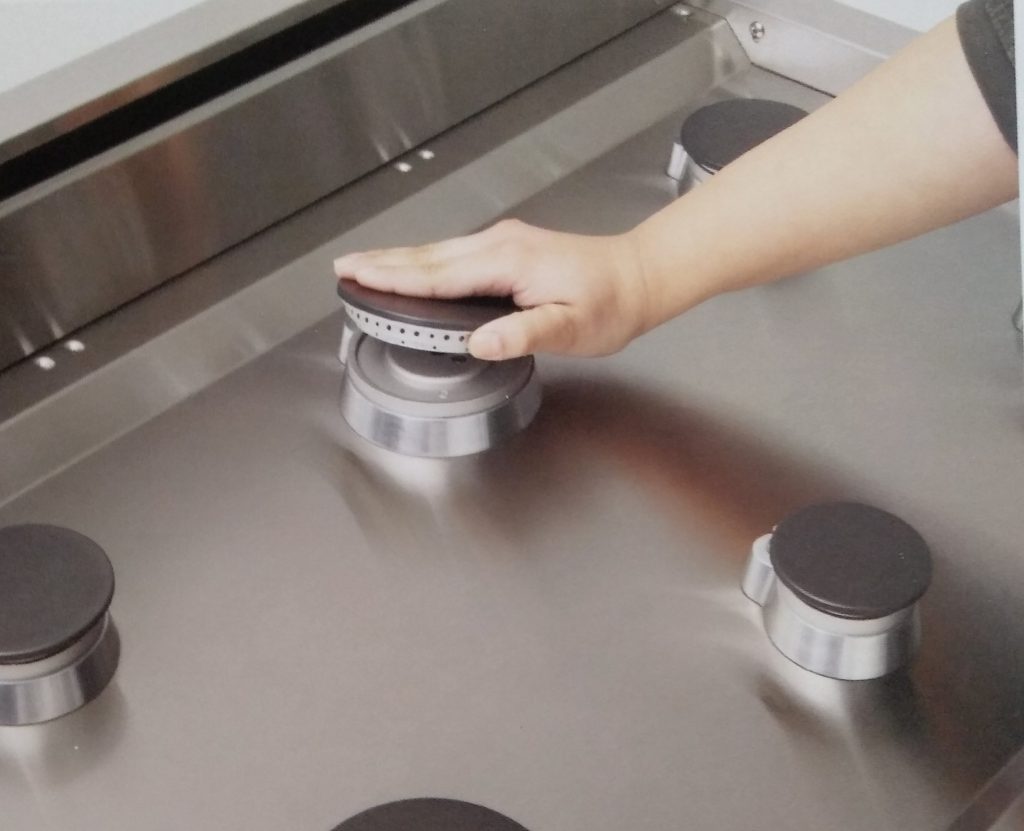
Some people are certain that they can wash their gas stoves with practically any washing means: regular soap, dish soap, bathroom cleaners etc. But this is far from the truth – cleaners and detergents vary for a reason. For instance, if your gas stove is equipped with the electric lighting, you shouldn’t wash it with regular soap – it can lead to corrosion and burners’ blockage. If you want your gas stove to serve you diligently, read its instructions carefully and only use detergents specially designed for your stove.
3. Packed Freezer – Why is My Freezer Not Freezing Properly – Nothing in Excel?

Perhaps you heard that packed freezer freezes food better than half-packed. It might, but there’s a catch – when freezer stays packed all the time, his freezing life gets shorter. Large amounts of frozen food block freezer’s ventilation openings, limit the flow of air inside and lead to early breakdown of the compressor. Refrigerators’ repairs are costly, therefore it’s best to take a good care of your freezer and not overload it as often.
4. Pocket Change – Why is My Washer Leaking?

We are all guilty of forgetting change in our pockets at certain point in our lives. The next thing you discover – you washed change with your clothes. Certainly, it’s not the end of the world, though sometimes such forgetfulness can lead to serious and costly damages, like valves and drainage ports blockage. So may be next time it is best to spare extra few minutes to check your pockets before you load your washer – win for your washing machine, win for your pockets (both literally and figuratively speaking).
5. Lint Accumulation in Your Dryer – Why Would My Dryer Not Be Heating Up?
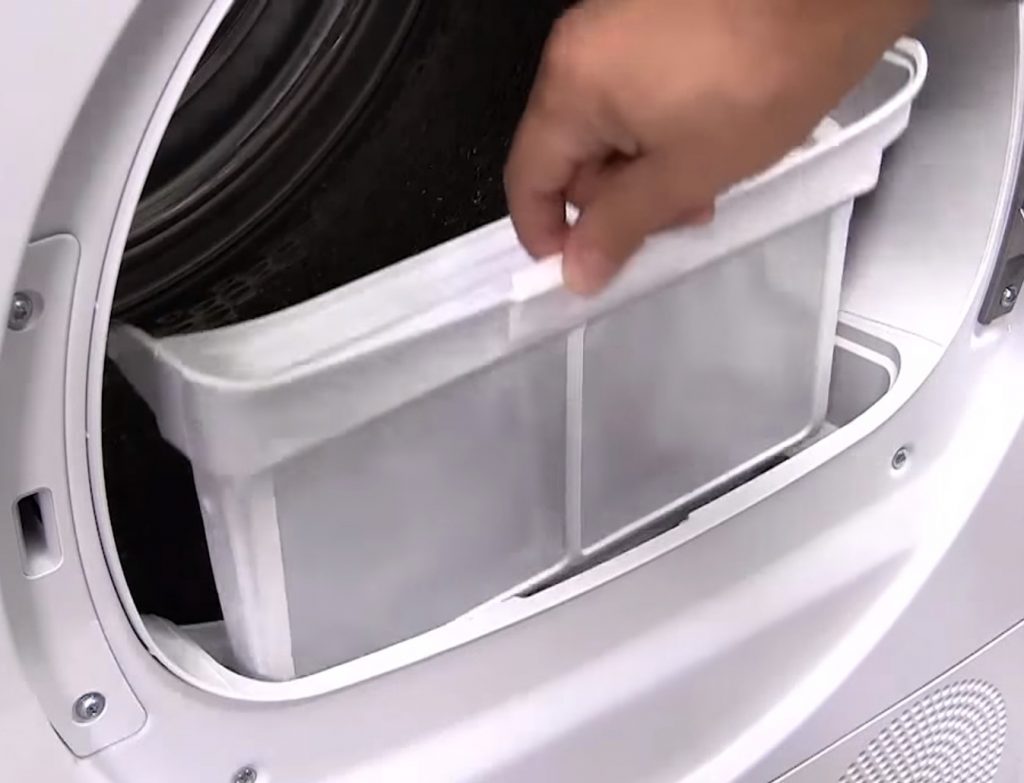
If you are using an automatic dryer, it is best to check your filter on lint accumulation regularly, preferably after each cycle to prevent fibers going inside the vent, which could potentially cause fire.
6. Grease On The Bottom Of The Oven – How To Clean It?
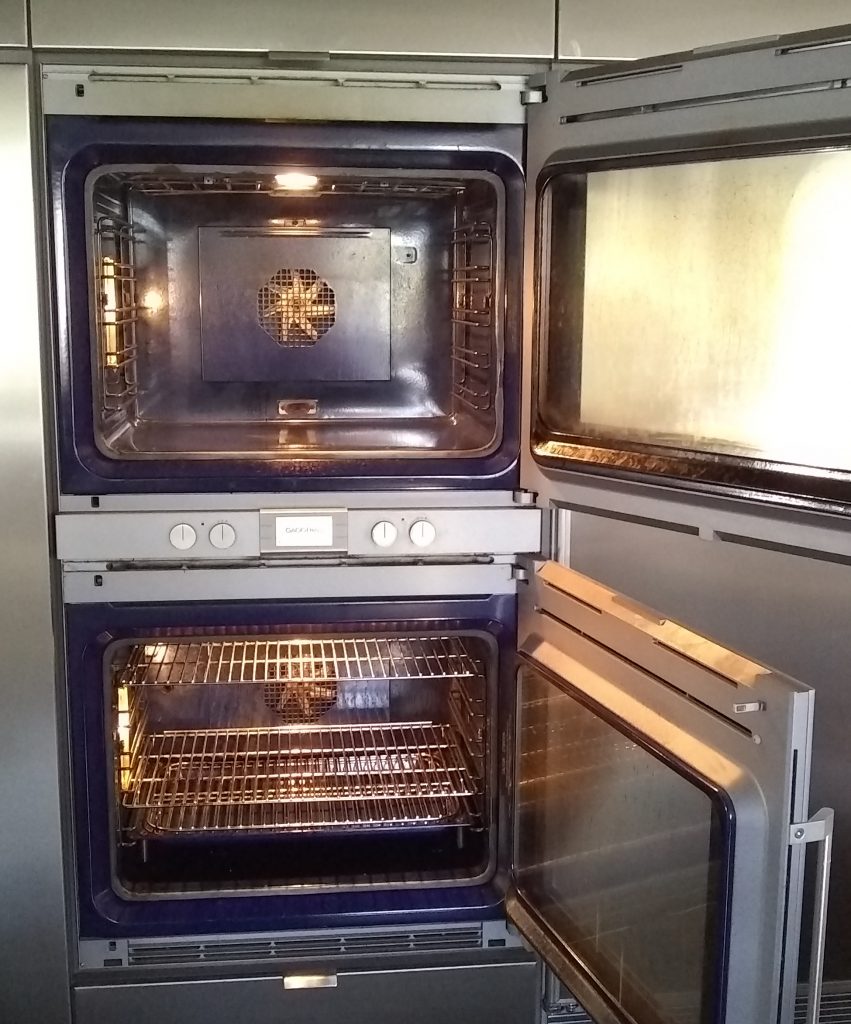
While food is cooking in your oven, grease, water and oil tend to drip down to the bottom of the oven as well as splatter on its walls. It’s an inevitable part of cooking process which can’t be prevented. What you could do instead, is to wipe the bottom of your oven after it cools down so grease wouldn’t get onto heating element next time you cook. This will avert possible breakdowns as well as eliminate the probability of fire. Also, a piece of foil placed on the bottom will also save you from painful cleaning later.
7. Empty Microwave – Why Microwave Oven Not Heating?
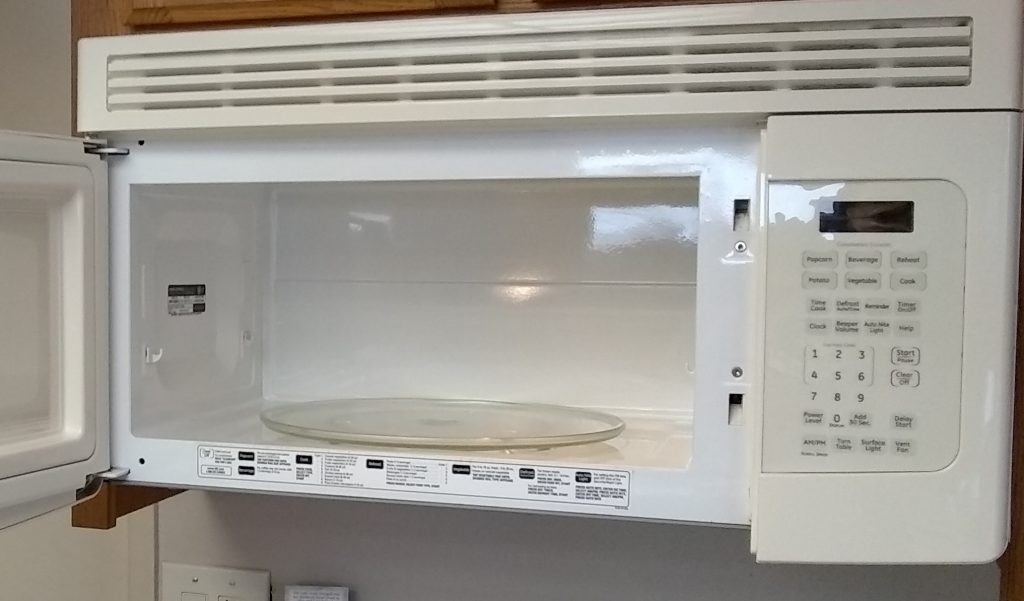
Everybody knows you shouldn’t turn on an empty microwave. But not everyone is aware that the plate which is placed inside the microwave should be at least 1.8 oz heavy. If you are heating something lighter, magnetron can break down, therefore in such cases it is recommended to put an additional cup of water inside.
Ceramic Stove – How To Clean It?

Ceramic stoves are damaged very easily. To avoid scratches and serious damage to your ceramic stove, do not use cast-Iron cookware. Similarly, do not use too heavy pans and cooking pots, and in cases if you have to use them on your ceramic stove, make sure to lift your cookware up by handles instead of “gliding” them on the panel.
